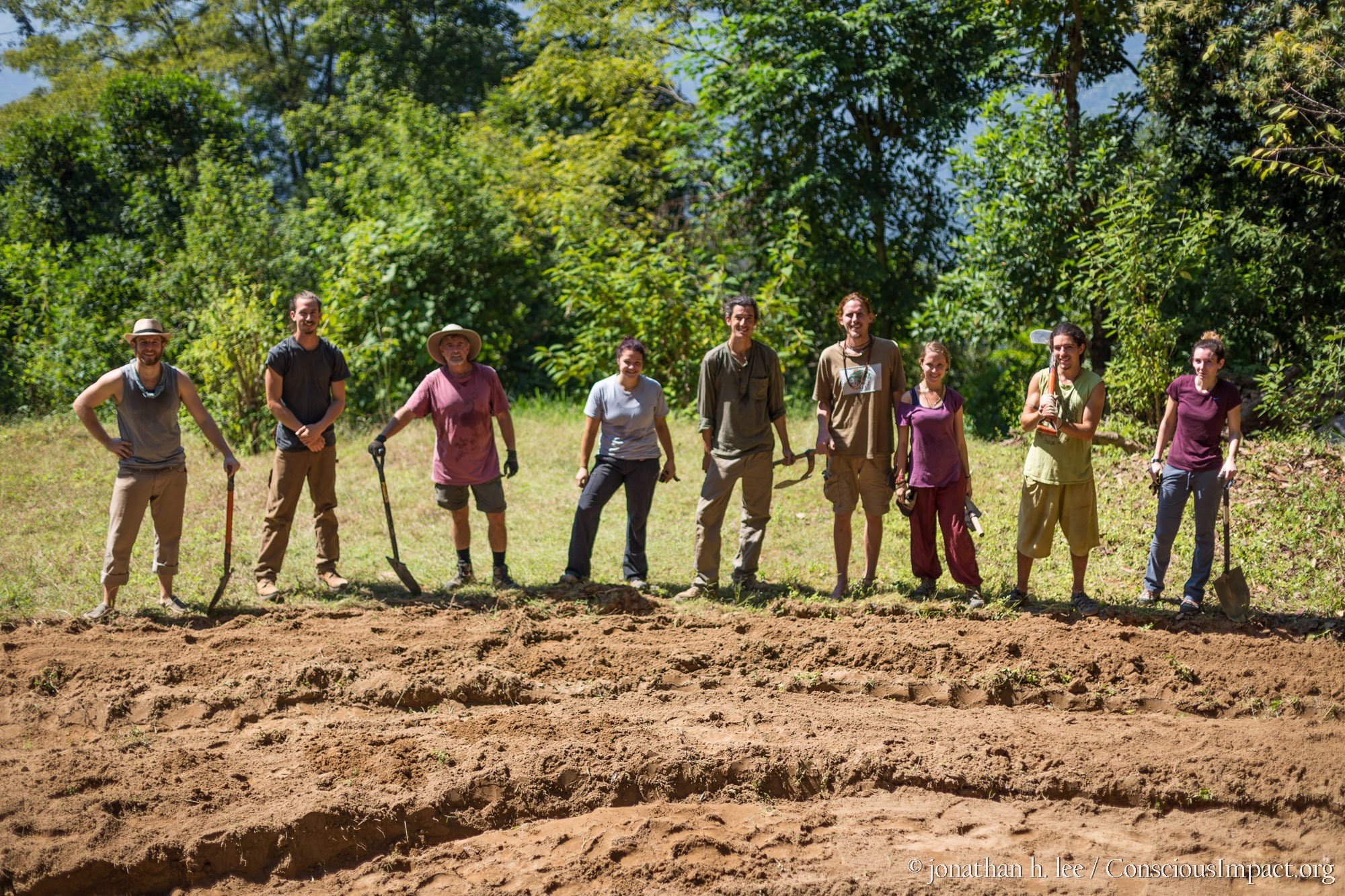“I’m a community mobilizer!” the woman said to me. Wow, I thought, I’ve always wanted to be one of those. “How did you get to be a ‘community mobilizer’?” I asked. “Well,” she confidently replied, “It starts with examining yourself, before you go out to the community. You must know what you want and what you are worth. And from there, looking at yourself and examining yourself, you start mobilizing people.” Wise words from a powerful woman, I thought to myself.
What she speaks about here is one of the seven principles that guide ORAP’s philosophy of development known as “self-examination” or “Zihluze” in the local language of Ndebele. For ORAP (the Organization of Rural Associations for Progress, based in Bulawayo, Zimbabwe), “self-examination” or “self-realization” is also the first step towards community development. In each community in which they work, ORAP leaders first identify just a few individual women to begin the process. These women start with self-examination (“Zihluze”), self-mobilization (“Ziqoqe”) and self-commitment (“Zimisele”), before even beginning a conversation about community projects.
Back to our “community mobilizer”, we focus on the questions she was pushed to ask herself. Who am I? What is my power? What am I capable of doing (for myself, my family and my community)? How can I improve my own life and the lives of others? These are fundamental questions for all of us. For her, she decided to begin her own “key-hole garden” to grow more nutritious food for her family and to make a bit of money to send her kids to school. Once the women in the community saw her success with this project, they started to come to her, and after some time she had a group of women interested in starting their own projects. And through that process, a small, confident and inspiring woman has become a “community mobilizer” helping her family and her community to improve quality of life for all.
For some of us, we may still be exploring these questions. Who am I? What is my power? And what am I capable of doing (for myself, my family and the entire world)? And these questions keep us searching, or at least I know I am still searching. And this search is, in my opinion, the key to human progress. We must start with examining ourselves, and understanding what we want and what we are worth as individuals. We must understand the impact that we want to have on this world before we can create that change. Additionally, it is very difficult to help other people achieve their goals if they are not clear as to what they want to do. How can I help you get there if I do not know where you want to go? But once we have this clarity, as our “community mobilizer” showed us, once we know what we are working towards, people will join our movement.
This is true in our homes and true in the field of international development. We cannot support communities to achieve their goals until those goals are clear, and everyone understands them.
Across central Zimbabwe, ORAP is supporting women to become leaders in their homes and in their communities. And most importantly, both men and women are undertaking a process of “self-realization” and understanding their dreams and self-worth to find their true callings in this world. I learned a lot from Search Africa, but that might have been the big one — development starts from within.
To watch a video of my conversation with the “community mobilizer” and other videos from our “Search Africa” Facebook page, please click here. You can also read more about ORAP at http://orapzenzele.org/?page_id=10.

